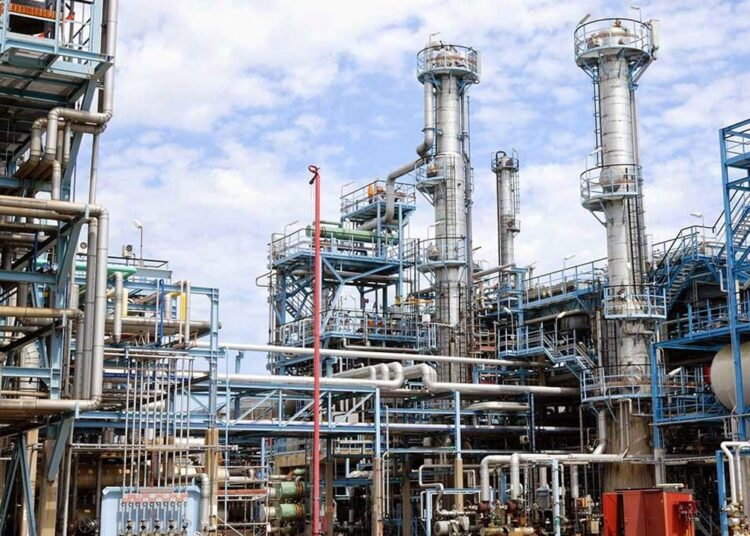Obviously basking in the euphoria of assuming a new role, the minister of state for Petroleum Resources, Heineken Lokpobiri, said the Port Harcourt refinery will become functional by December.
In March 2019, the federal government shut the 60,000 barrels per day Port Harcourt Refinery for the first phase of repair works after the federal executive council okayed $1.5 billion.
Then minister of state for Petroleum Resources, Timipre Sylva, said the refinery in Port Harcourt would restart operation in December, 2022 after the completion of a revamp that began over a year. December came and nothing happened.
Sylva who is busy scheming to be Bayelsa State governor for yet another term did not explain to Nigerians why his December target was not met.
This is August and Lokpobiri, probably unaware of the fact that his predecessor once gave a similar December deadline, just went ahead and issued another timeline. This time around, he chose December 2023.
One only hopes that there won’t be another deadline as far as the Port Harcourt refinery is concerned.
In the face of sharp increase in the price of petrol and its attendant consequences on the cost of food and other items, Nigerians are anxious to see local refining take off. The idea is that local refining capacity promises to alleviate economic pressures and reduce reliance on imported fuel.
Lokpobiri should know that the public will demand an explanation from him in line with the desire for accountability if the December deadline falters. Therefore, to make a mark for himself, the oil minister must ensure he does all that needs to be done to meet the December deadline he has set for himself.
But most importantly, relevant stakeholders must do all it takes to address the intractable incidence of oil theft which, according to the National Security Adviser (NSA), Nuhu Ribadu, is costing the nation 400,000 barrels of crude oil daily.





